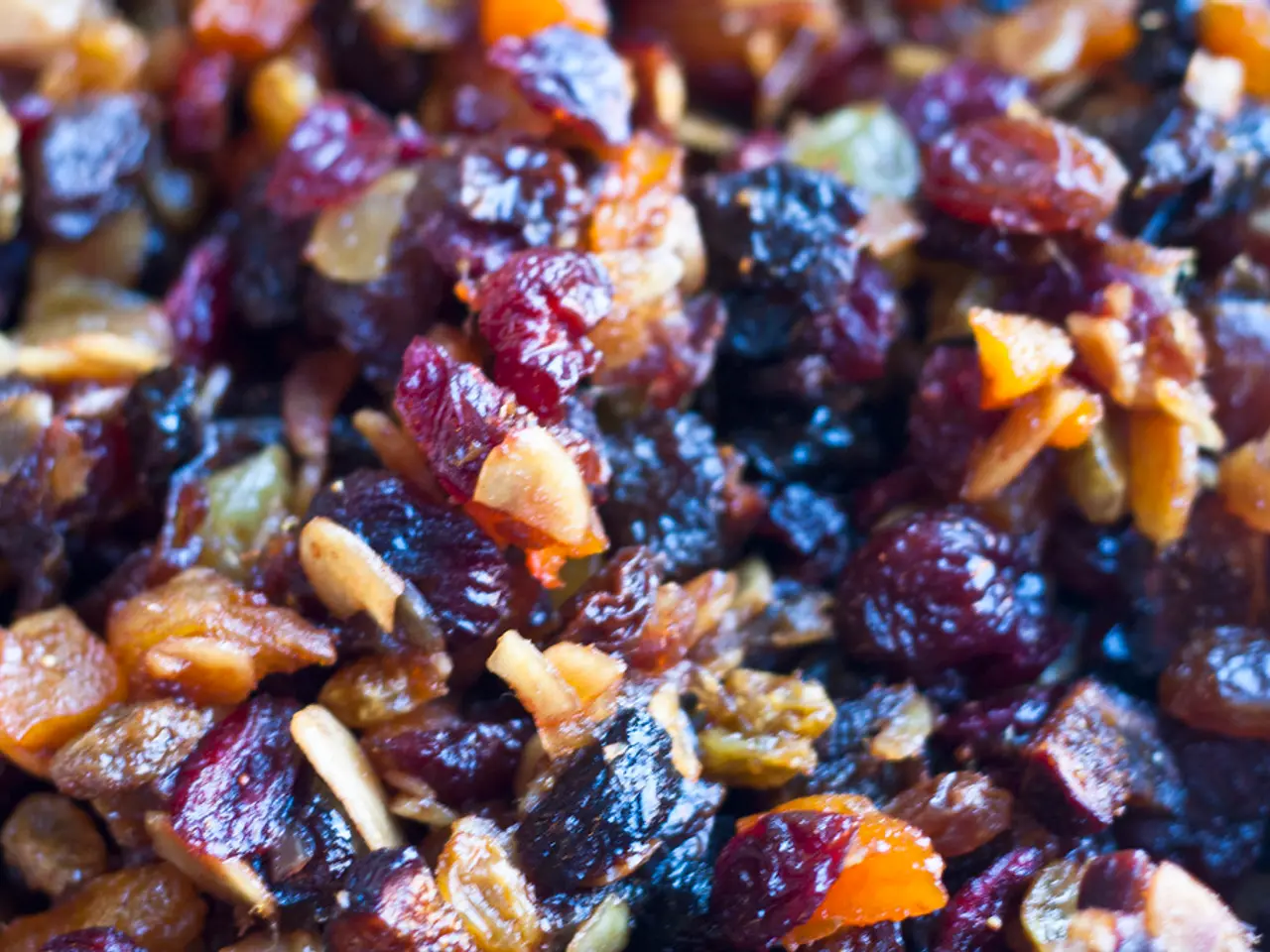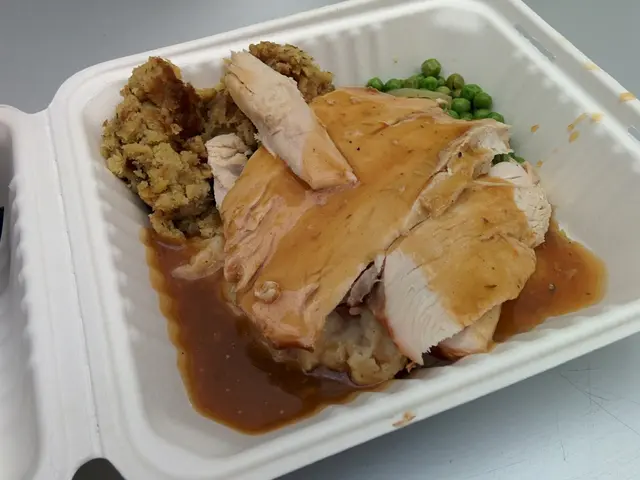Essential Facts About Hefty Metals in Infant Foodstuffs
In the world of parenting, ensuring the health and well-being of our little ones is paramount. One concern that has gained attention recently is the potential exposure of babies to heavy metals in their food. Here are some strategies to help reduce this risk.
Make Homemade Baby Food
Preparing homemade baby food using fresh, preferably organic ingredients is a great way to minimise your baby's exposure to heavy metals. Sweet potatoes, carrots, green beans, apples, and pears, for instance, tend to have lower heavy metal levels.
Avoid Rice Products
Rice, particularly rice cereals and items containing brown rice syrup, should be avoided due to its propensity to arsenic contamination. Opt for alternatives like oatmeal, barley, or multigrain cereals instead.
Increase Variety and Rotate Foods
Rotating a wide variety of fruits, vegetables, grains, and protein sources can help reduce cumulative heavy metal exposure.
Include Iron, Calcium, and Vitamin C
These nutrients are beneficial as they help reduce the absorption of toxic metals. Include iron-rich foods like red meat and spinach, calcium-rich foods like yogurt and broccoli, and vitamin C-rich foods like oranges and strawberries in your baby's diet.
Peel Root Vegetables
Peeling root vegetables such as sweet potatoes and white potatoes before cooking can help reduce heavy metal content, although this may reduce some nutrients.
Limit Fruit Juice
Fruit juices, especially those like apple and grape juice, may contain arsenic and lead. It's advisable to limit juice intake, especially for children under 12 months, and offer only small amounts for older infants and toddlers.
Reduce Processed and Packaged Baby Foods
Many processed and packaged baby foods have reported high levels of heavy metals. Check for safety certifications or recent testing results before purchasing.
Stay Informed
Consulting pediatricians for personalised advice and staying informed about recalls or litigation related to contaminated baby foods is crucial.
The FDA's Closer to Zero project aims to reduce exposure to contaminants in food for babies and young children. This project prioritises testing foods commonly eaten by babies and young children due to their vulnerability to heavy metal exposure.
While it's important to be aware of the potential risks, it's reassuring to note that the levels of heavy metals detected in baby food are typically too low to cause damage. To minimise toxic metal exposure, it's recommended to provide a child with a healthy and varied diet, ensuring they don't consume too much of one type of food.
High levels of heavy metals can be harmful to infants and children, potentially causing behavioural concerns, increasing the risk of cancer, being a factor in learning problems, and slowing growth and development. By following these guidelines, parents can take proactive steps to ensure their little ones grow up healthy and strong.
Read also:
- Apparition's Significance and its Delivered Messages - as discussed by Sensenmann
- Explored the Popular Health Assessment with a Queue of 100,000 Aspiring Participants - Here's My Unadulterated Opinion
- Hearing impairment condition: Recognizing symptoms and management approaches
- Exploring Recurring Actions in Mature Individuals: An Analysis of Persistent Actions in Adults' Daily Lives








